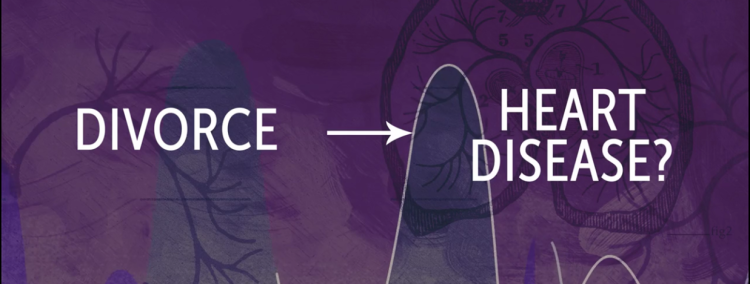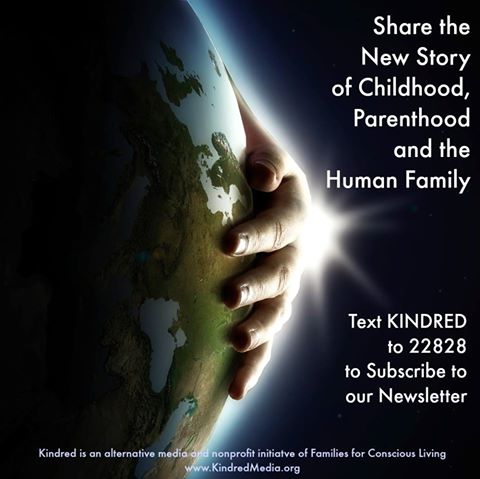Resilience Trailer – KPJR Films from KPJR FILMS LLC on Vimeo.
THE CHILD MAY NOT REMEMBER, BUT THE BODY REMEMBERS.
ABOUT THE FILM
“This is the biggest public health discovery we’ve ever seen.” – Laura Porter, Co-Founder, ACE Interface

When it was controversial to even think of asking patients about taboo subjects, the ACE Study dared to ask questions like, Were you sexually abused as a child? Did you have a parent who was an alcoholic? The answers produced a public health revelation. For the rst time, the loss of a par- ent through death, divorce or incarceration and other traumatic childhood experiences such as living with an alcoholic parent or being sexually abused was conclusively linked to both physical and mental health problems later in life. ACE, or Acute Childhood Experiences score, are now understood to lead to early onset heart disease diabetes, addiction and depression. Under- standing that a broken-hearted child is more likely to su er from mental and physical illnesses as an adult has professionals of all kinds asking, How can we help children before their physical and mental health problems emerge as adults?
RESILIENCE: THE BIOLOGY OF STRESS AND THE SCIENCE OF HOPE uses beautiful animation and compelling characters to explore the science and the solutions. The lm follows pioneering individuals who looked at the ACEs research and the emerging science of Toxic Stress and asked, Why are we waiting? Each took this new information and used it in new ways.
Dr. Nadine Burke Harris, a pediatrician in San Francisco, intervenes early with her young patients who are greater risk for diabetes and asthma as well as learning and behavior problems now.
In New Haven, Connecticut, we meet Alice Forrester and Laura Lawrence of The Cli ord Beers Clinic, which provides mental health services for children by including the entire family in their programs. In an elementary school across town, kindergarteners recite “Miss Kendra’s List”—a bill of rights for children—and learn ways of expressing and coping with their stress. In the great Northwest, communities across the state of Washington brought together teachers, police o – cers, social service workers and government o cials to learn about the brain science of adversi- ty. Since implementing “trauma-informed” policies and practices, these communities have seen drastic reductions in rates of everything from dropping out of high school to teen pregnancy, and youth suicide domestic violence.
RESILIENCE: THE BIOLOGY OF STRESS AND THE SCIENCE OF HOPE chronicles the promising begin- nings of a national movement to prevent childhood trauma, treat Toxic Stress, and greatly im- prove the health of future generations.
THE DIRECTOR’S STATEMENT

When I started hearing about the emerging science of adversity and childhood stress, my mind was blown. High “doses” of stress during childhood get into our bodies, change our brains, and lead to lifelong health and social problems—everything from domestic violence and substance abuse to heart disease and cancer. Who knew that if your parents got a divorce when you were growing up, you have a signi cantly higher risk of heart disease? Or that if your mother had a drinking problem, your own risk for depression in adulthood is much higher? The science of “Toxic Stress” and the major ndings that came out of the Adverse Childhood Experiences (ACEs) Study should be common knowledge public health information. But the movement is still in its infancy.
We started making RESILIENCE to make this science digestible and relevant to everyone, and to showcase some of the brave and creative individuals who are putting that science into action. There is a growing group of pediatricians, educators and communities who are proving that cy- cles of disease and adversity can be broken.
In the United States, we spend trillions of dollars every year treating preventable diseases, rath- er than intervening before a patient is sick and su ering. We have a zero-tolerance, “suck it up” culture that judges and punishes bad behavior, rather than trying to understand and treat the root cause of that behavior. But now, with this new body of scienti c knowledge available, we are learning there are better ways of dealing with these seemingly intractable problems.
RESILIENCE has a companion lm: PAPER TIGERS follows a year in the life of an alternative high school in Washington State who radically changed its approach to student discipline, with radi- cally positive results. Our goal with these two projects is to make “Toxic Stress” and “ACEs” house- hold terms, so that individuals and communities are empowered to improve the health and wellbeing of this and future generations.
RESOURCES
Find your Adverse childhood Experiences Score here.
Read more on Kindred about ACES here.

ACE Interface is a Limited Liability Corporation that provides products and services to people who are committed to doing everything necessary to accelerate the intergenerational changes that will improve health and quality of life.
ACE STUDY
The Adverse Childhood Experiences (ACE) Study is one of the largest investigations ever conducted to assess associations between childhood maltreatment and later-life health and well-being. The study is a collaboration between the Centers for
ACES CONNECTION
ACEsConnection is a social networking site for all people interested in implementing ACEs-, trauma-informed, and resilience-building practices.
ACES TOO HIGH
Aces Too High is a news site for the general public on all things ACEs-, trauma-informed, and resilience-building.
AMERICAN ACADEMY OF PEDIATRICS
This 6-part series was designed with the primary care practice in mind – those who may or may not be familiar with adverse childhood experiences (ACEs) and the process of asking families about exposure to ACEs or other traumatic events.


Hi. I am inquiring whether we can purchase a copy of the video, Resilience–The Biology of Stress and the Science of Hope. If so, do you have a government rate? Thank you!
–Nancie Bechtel, MPH, BSN, RN
Assistant Health Commissioner/Chief Nursing Officer
Columbus Public Health
Columbus, Ohio
I am a Permanency Social Worker for the Foster Care and Adoption Program at Children’s Home Society of West Virginia. Is there a way I could purchase this movie to show to our foster parents?
We are a large Prep to 12 educational state college in the Torres Straits, in Queensland Australia. We would like to purchase the DVD Resilience–The Biology of Stress and the Science of Hope if possible as a resource for our staff. Can you provide us with some further information please?
Here is the information about purchasing the film on their website: https://kpjrfilms.co/resilience/buy-the-film/